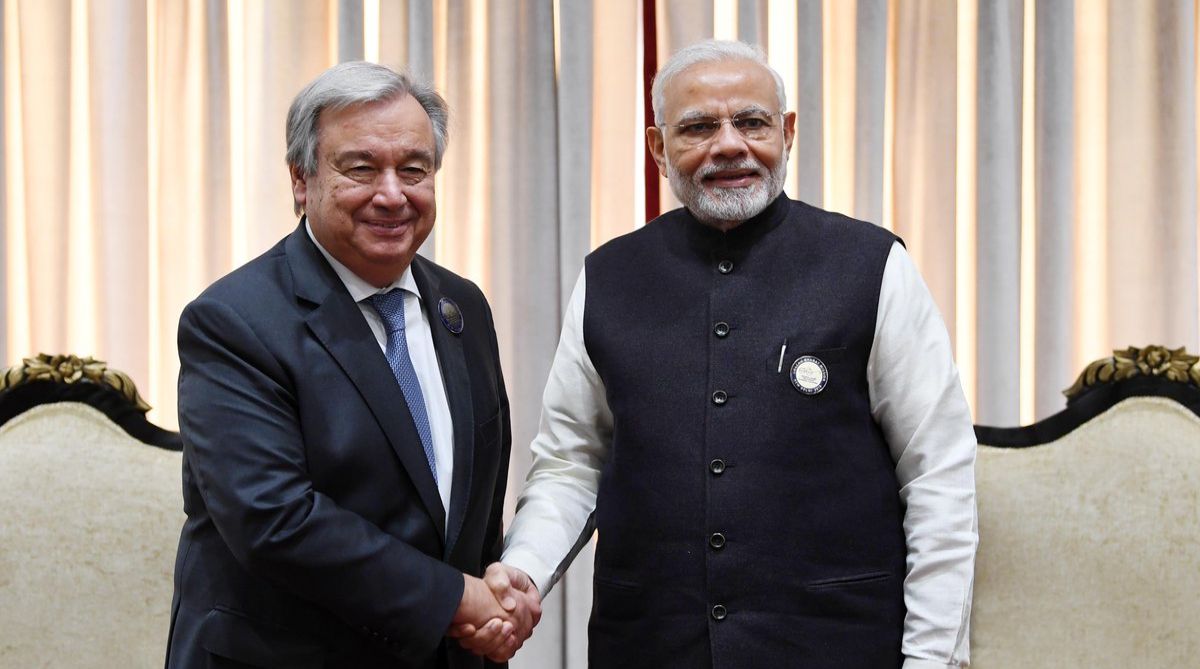India was elected with the highest number of votes by the General Assembly to the influential Human Rights Council on Friday with a pledge to combat intolerance.
India received 188 votes, the highest polled by any of the 18 countries elected in the voting.
Advertisement
This is the fifth time India is elected to the Geneva-based Council, the main body of the UN charged with promoting and monitoring human rights.
India’s presence on the Council will be important because the previous UN High Commissioner for Human Rights Zeid Raad Al Hussein asked the body to facilitate an international commission of inquiry into allegations of human rights violation in Kashmir.
His successor Michelle Bachelet and Secretary-General Antonio Guterres have backed Zeid’s recommendation, which Pakistan — a member of the Council — is campaigning for.
So far, no other country has backed Zeid’s call for the investigation.
Bangladesh, which is at the frontlines of dealing with the Rohingya crisis, was also elected with 178 votes to the Council to fill one of the five vacancies for three year terms from the Asia-Pacific region.
The regional group endorsed five countries, which matched the number of seats open for election this year, and they were the only countries on the ballot. The other regional candidates were Bahrain, Fiji and the Philippines.
Thirteen other countries representing the other four regions were also elected to the Council.
In January India will join China and Nepal, besides Pakistan, which were elected to the 47-member Council in previous years to serve three-year terms.
When it nominated itself for the Council, India showcased its position as “the world’s largest democracy (and) India’s secular polity.”
It pledged that it will continue to support international efforts to combat racism, racial discrimination, xenophobia and related intolerance.
In the nomination pledge, India also presented a broader approach to human rights, emphasising climate justice, health and poverty alleviation.
India was among the first batch of 47 countries elected to the Council in 2006 soon after it was set up and received an initial one-year term instead of three to facilitate a rotating roster of vacancies each year.
It was again elected in 2007, 2011 and 2014 to three-year-terms.
Countries can be elected for only two consecutive terms and India took a year’s break when its term ended in 2017.
Elections were held by secret ballot in the 193-member General Assembly on Friday, although the number of candidates for all the five regions matched the vacancies making it a formality.
On the 47-member Council the seats are allocated based on “equitable regional distribution” giving the Asia-Pacific region a total of 13 seats, with some coming up for election every year.
The African region also has 13 seats, while East European region has six, West European and others seven, and Latin American and Caribbean eight.
The United States withdrew from the Council earlier this year after its Permanent Representative Nikki Haley questioned its legitimacy because of the presence of several dictatorial regimes violating human rights on it.











